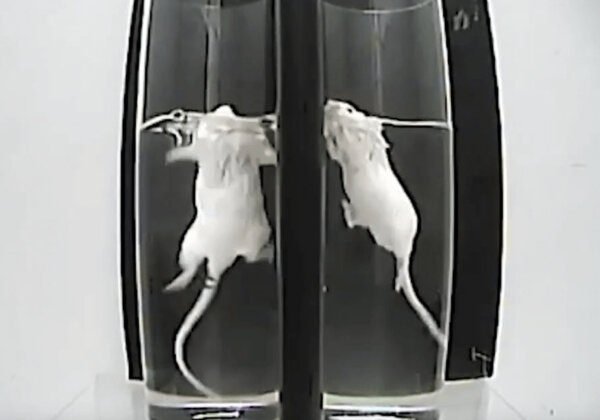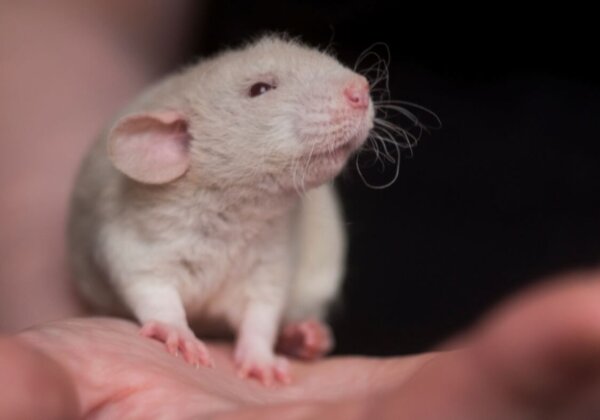Animal Experiments Surge – Homeless Dogs, Koalas, and Almost 400,000 Mice Face Cruel Tests in Victoria
Even though 90 per cent of experiments on animals fail to lead to treatments for humans, statistics for 2016 (the latest available to the public) show that more than 1 million animals continue to be used in Victorian laboratories.

The numbers were revealed in the Victorian government’s annual report. The data showed a staggering increase in the number of genetically modified animals – even though genetic engineering experimentation is an imprecise, inefficient, and unreliable “Frankenscience”. Animal mothers undergo invasive procedures to insert certain genes into or remove them from their offspring. Yet only up to 30 per cent of the babies carry the genes of interest – the rest are often killed soon after birth. Of those allowed to live, many die prematurely or suffer from unpredictable abnormalities, such as increased sensitivity to pain, malfunctioning organs, susceptibility to seizures, or rampant tumour growth.
The animals used in experiments in Victoria in 2016 include the following:
Cats (non-wild): 597
Dogs: 2,945
Fish: 294,950
Guinea pigs: 3,962
Horses: 704
Macaques: 86
Marmosets: 95
Mice: 398,277
Rabbits: 1,464
Reptiles: 52
Sheep: 85,677
To its shame, Australia is estimated to be one of the leading animal-testing nations in the world today, falling woefully behind more progressive countries which recognise that exciting approaches such as organs-on-a-chip, three-dimensional human skin cultures, and computer models can predict far more accurately what will happen in humans than experiments on animals can. We must stop throwing taxpayer money at ineffective methods that promise only continued suffering and instead work towards a future with animal-free science that holds genuine hope for curing human ailments.







